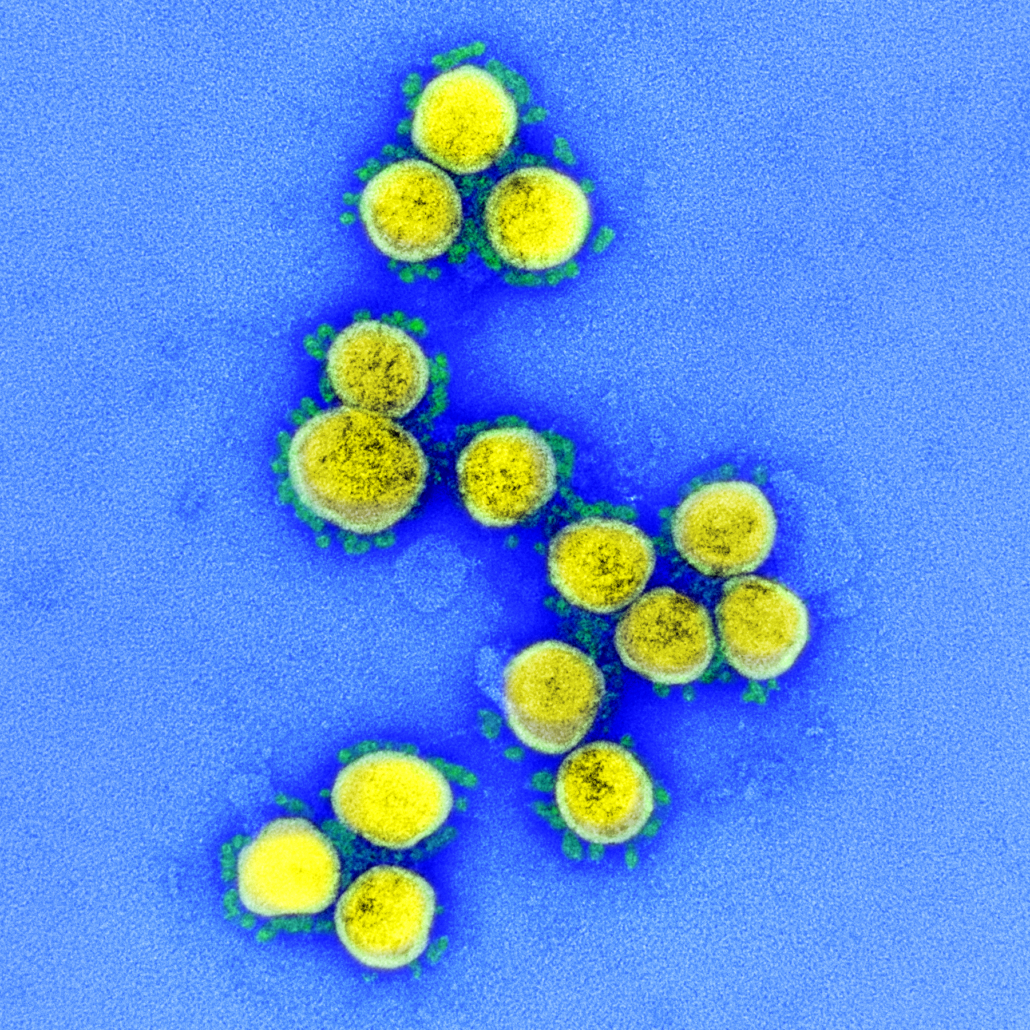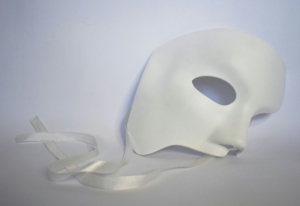
COVID-19: Study finds neutralising antibodies to disappear rapidly
A new study on the persistence of neutralising antibodies to SARS-CoV-2 in the blood suggests that humoral immunity will drop 5 months after vaccination.
According to the Rhineland population-based Study, published by researchers under Prof. Monique Breteler at the DZNE in Bonn, Germany blood antibody levels dropped after four to five months in most poeple vaccinated againt COVID-19. The results are in sharp contrast to those announced by of mRNA vaccine producers Moderna and Biontech, who stated that antibody titers remain high for longer than six months. What is more, in some blood samples measured within the Rhineland Study, antibody titers even fell below the limit of detection. Currently Breteler is planning follow-up studies to substantiate the findings of its small pilot study.
Volunteers were retested in September 2020 – approximately four to five months after the initial blood sampling. In most of these persons antibody levels had waned, and in 18% antibodies could not even be detected anymore.These studies occurred during the first wave of the pandemic. The number of people who had already become infected at that time was therefore relatively low. In the meantime, we have a different situation, said Breteler. Nonetheless, our results suggest that the widely used, just single-stage procedure for detecting SARS-CoV-2 antibodies by immunoassay is insufficient to reliably identify a passed infection. In any case, in our sample, only about one-third of the individuals who were positive by immunoassay actually had specific antibodies against SARS-CoV-2. This should be considered in immunity studies. In my view, a multistage testing procedure like the one we used is highly recommended.
According to co-author Ahmad Aziz, the decrease in antibodies seems to happen relatively quickly. However, the immune system has other tools to fight off pathogens. Antibodies are without doubt relevant, but they are only part of a larger arsenal. Other studies suggest that another component, which we call the cellular immune response, may persist despite dropping antibody levels.
In fact, little is known about the durability of immunity to SARS-CoV-2 after infection. This may also depend on the particular variant of the virus. On the part of the Rhineland Study, we intend to continue to track the development of the pandemic and its effects on the mental and physical health of the population. Our study is the basis for this. Breteler says. Ultimately, we want to help better understand why some people don’t even notice an infection and others become severely ill.




